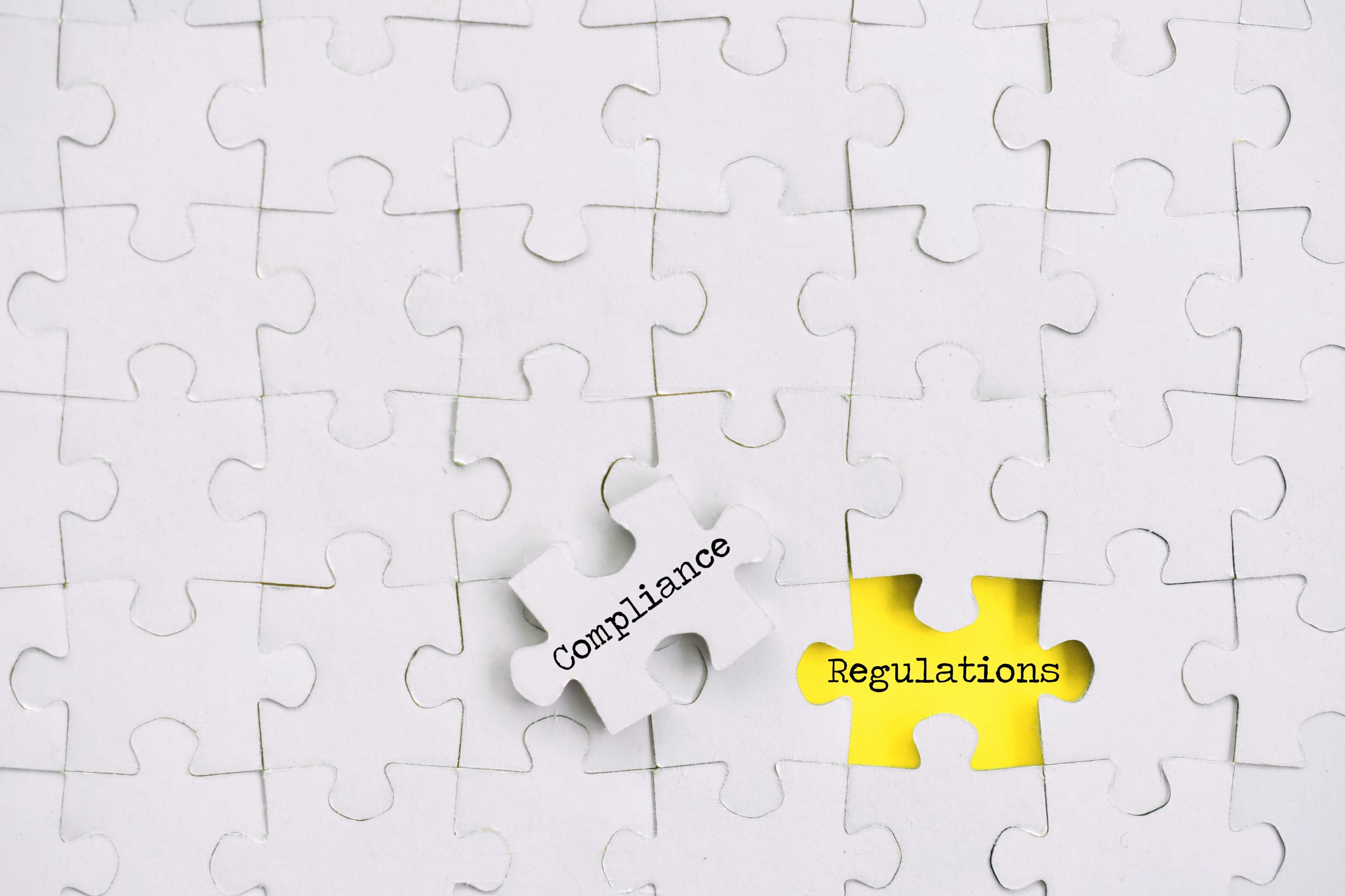- Mon - Sat: 8.00 AM - 5.00 PM
- A-1507, ATS Bouquet, Sector 132, Noida, Uttar Pradesh - 201301
- +91 9911008820
Regulation and Compliance Practice
- Home
- Practice Areas
- Regulation and Compliance Practice

Regulation And Compliance Practice
Regulatory compliance is making sure that an organization is following the rules and standards set for its industry. These rules are usually set by government legislation or by proxy via government agencies. Regulatory compliances managements. Regulatory compliances managements means the set of processes, procedures and technology put in place by an organization to ensure regulatory compliance.
In most countries, the number of rules and regulations has gone up over time. The technology revolution combined with increasing wealth has driven a profusion of complex new products and services offered to consumers and businesses.
Managing and auditing regulatory compliance can be a very expensive endeavour. The problem can get more complex when a firm has to face a variety of compliance requirements in each of the market segments it operates in. Regulation has always been a bit of a political football. Some say that we should drastically reduce the burden of regulation. Others point out that regulation is vital to prevent or punish bad corporate behaviour. However, since regulations are always woven into the law of the land, businesses must comply with them or face severe sanctions.
Hand in hand with the need for regulatory compliance go the systems needed to manage it. Large organizations have for many years used compliance management software to support their compliance programs. Clearly, regulatory compliance is important to protect consumers and society from harm. This may seem like an abstract concept to many, and far removed from their everyday experiences. It is a sobering experience to realise that the consequences of regulatory breaches are not just financial, but career-limiting. Company directors can and do go to jail. Regulatory compliance is important for the following reasons:
- For consumers, to them from the harmful consequences of actions carried out by firms
- For businesses, to protect their brands and reputations
- For directors and managers, to avoid criminal liability and career termination
- On the downside, compliance is becoming more and more specialised, especially in larger firms. You may become frustrated at getting trapped into a silo in a very specific work role. This reduces your exposure to different teams and functions in the organisation, making for a dull and repetitive workload.
- It can be hard to break into compliance. Firms tend to want to hire people with prior compliance experience and qualifications. However the group of people that can be poached is finite so there are always opportunities for people starting out at the bottom of the ladder.
- An important aspect of professionalism is the compliance function is to use the right software tools to structure and streamline key compliance processes. These tools are now very accessible and easy to use.
Compliance services firms must fulfil the following compliance functions:
- Identification: the compliance risks facing the company must be identified.
- Prevention: the compliance department must implement controls designed to protect the organisation
- Detection: the company must constantly monitor and create reports about the effectiveness of the controls
- Resolution: compliance problems should be resolved as and when they occur
- Advisory: the company must advise and train employees about the rules and controls
- Regulatory risk has increased dramatically in some key industries, including financial services, automotive and healthcare. Managers need to understand not just the need for regulatory compliance but also become proficient in the processes that need to be put in place to control and reduce compliance risk.
Practice Areas
Contacts
Place of business
Mayur Vihar, Delhi, India – 110091
Have Questions?
WhatsApp: +91 9911008820
